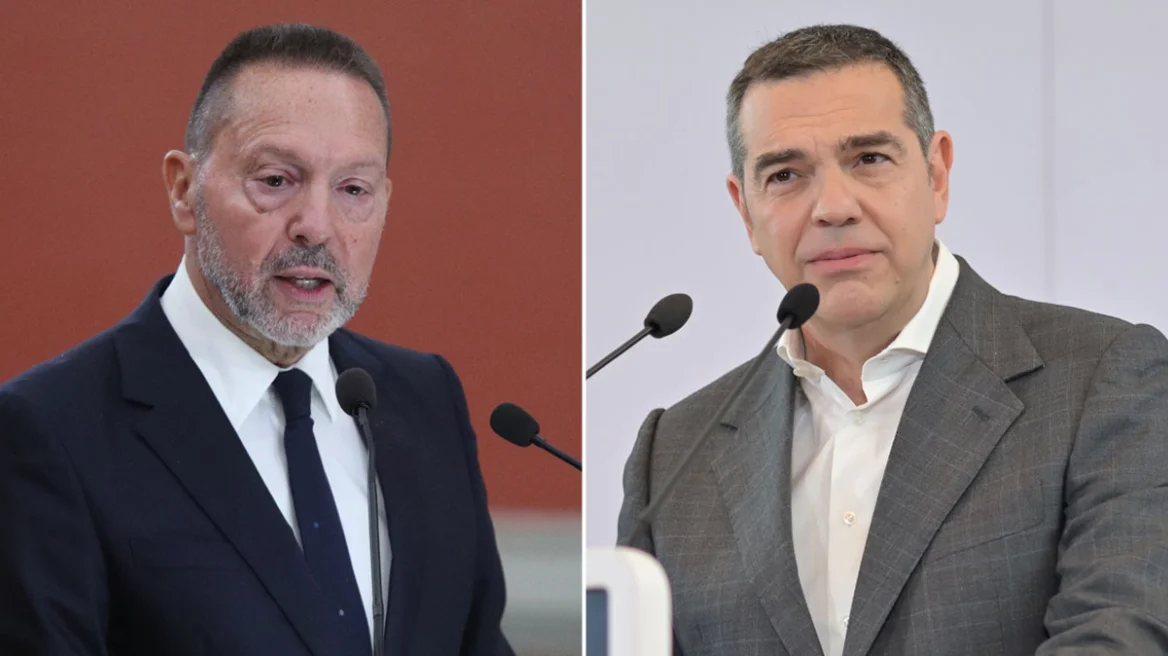Significant initiatives to increase the disposable income of citizens and reduce taxes and other burdens, in the order of €1.5 billion, are being implemented in 2025. The increase in disposable income for workers and pensioners and further tax cuts build on the stronger economic growth of recent years and successes on the front of curbing tax evasion following the overall European fiscal framework which sets specific annual limits for spending increases.
In detail, in 2025, 18 tax and burden reductions and 7 income support measures will be implemented that permanently and socially equitably boost citizens’ income. These reductions come as a continuation of the significant interventions implemented by the Government since 2019 by eliminating or reducing a total of over 70 taxes. Specifically this year:
Insurance contributions are reduced by an additional 1 point, leading to increases in wages and a reduction in non-wage costs. The cost amounts to €440 million. Their cumulative reduction from 2019 amounts to 5.4 percentage points (from 40.56% to 35.16%). Both employers (through a further reduction in non-wage costs) and private and public sector employees benefit from this additional reduction through an increase in their net earnings.
The business tax is abolished for all natural persons (freelancers, self-employed as well as employees paid on a “blockchain” basis) following the 50% reduction in 2024, at a cost of €113 million in 2024 and €238 million in 2025.
Exempted from participation in the pharmaceutical expenditure are an additional 132,000 low pensioners who meet the same income criteria as former EHIC beneficiaries. The cost is estimated at €23 million.
Exempt from income tax for 3 years for properties of up to 120 sqm that will be rented until 31 December 2025 under contracts of at least three years’ duration and which were previously declared vacant or made available for short-term rentals, for €3 million for 2025 and €13 million for 2026.
Health policies for children up to 18 years of age are exempt from premium tax (15%). In the case of a family or group policy, the tax is reduced in proportion to the number of minor members covered. The cost is estimated at €17 million.
Double reduction of ENFIA (from 10% to 20%) for residences of individuals, taxable value up to 500,000 euros, insured for natural disasters (fire, earthquake, flood). The cost is estimated at €18 million.
The fixed telephony fee (5%) for fibre connections (≥100 Mbps) is abolished, for €24 million.
Reduction of voluntary business benefits for new parents (for an allowance of up to €5,000 for each child plus €5,000 for each additional child and for a benefit of up to €5,000 per year to cover the cost of crèches and kindergartens), for €6 million.
Payment for on-call doctors at a rate of 22%. The monthly net benefit on average for doctors is estimated at 150 euros and in many cases exceeds 200 euros. The cost is estimated at €40 million.
Incentives for mergers and acquisitions involving “small” entrepreneurship, at a total cost of €41 million.
Stamp duties are reduced on a series of transactions at a total fiscal cost of €32 million.
Refunding of the VAT on agricultural oil with a new system based on actual consumption, a measure with a total fiscal cost of €100 million per year.
Exempt from VAT for new buildings also for 2025, for €18 million.
Suspension of capital gains tax on the transfer of real estate.
The minimum net business income for freelancers in municipalities with a population of less than 1,500 is reduced by 50%.
The minimum net business income for freelancers is reduced by 50% in municipalities with a population of less than 1,500.
Discounts of 2%- 4% are available for paying the full amount of income tax through July 31 (4% discount for anyone filing a tax return from March 15 to April 30, 3% from May 1 to June 15, and 2% from June 16 to July 15).
Tips received by employees in restaurants, hairdressing salons, delivery services, etc., effective from 1 November 2024, are tax-free up to the amount of €300 per month and are not subject to social security contributions for the entire amount.
Limits on bank commissions for daily transactions are applied, to be implemented in January 2025. This will mean there will be zero charges for payment of bills and debts to the government, social security funds, local authorities, power, water, telecom, and insurance companies through web banking and mobile banking. In addition, charges for sending money to another bank will be reduced by 50% to 80%, while cash withdrawals in municipalities where there is an ATM of only one banking institution will have zero charges. At the same time, the 50% reduction in fees for purchases of 10 euros or more via POS in so-called “small retail” is extended to 20 euros, while there will be a zero charge for charging prepaid cards for a charge amount of up to 100 euros.
At the same time within 2025, 7 measures to boost citizens’ incomes are activated. In particular:
- Pensions are increased by 2.4% based on the rate of change of inflation and GDP, for €398 million.
- Increase the salaries of military school students: (a) from €165 to €609 per month for students of the Higher Military Educational Institutions and (b) from €125 to €249 per month for students of the Higher Military Schools of Non-Commissioned Officers, for €14 million.
- Increase the student housing allowance for regional universities by 500 euros (from 1,500 euros to 2,000 euros and to 2,500 euros in the case of cohabitation), for 15 million euros.
- Increase in the compensation for night work for uniformed personnel (Greek Police – ELAS, Fire Brigade – FS, Coast Guard – Greek Coast Guard – SS-ELAKT, Armed Forces), for €25 million.
- From April the minimum wage is further increased, on top of its 6.4% increase (from 780 euros to 830 euros) in April 2024. It should be noted that the total increase in the minimum wage from 2021 to 2024 amounted to 27.7%.
- In addition, from April base salaries of all civil servants are increased so that the starting salary in the public sector is not below the level of the private sector minimum wage, at an estimated cost of €143 million in 2025. It should be noted that 2024 was the first time in 14 years that public sector wages were increased, while the target is for the minimum and introductory public sector wage to reach €950 in 2027.
- From 1 July, members of the Armed Forces and Security Forces will be further strengthened with the reform of the allowance for special working conditions to “allowance for special working conditions and hazards” and its increase by 100 euros per month, at an estimated total cost of 111 million euros. EUR 111 million for 2025 and EUR 222 million for 2026. It concerns 153,240 members of the Armed Forces, ELAS, the Coast Guard, and the Fire Brigade.
Ask me anything
Explore related questions





